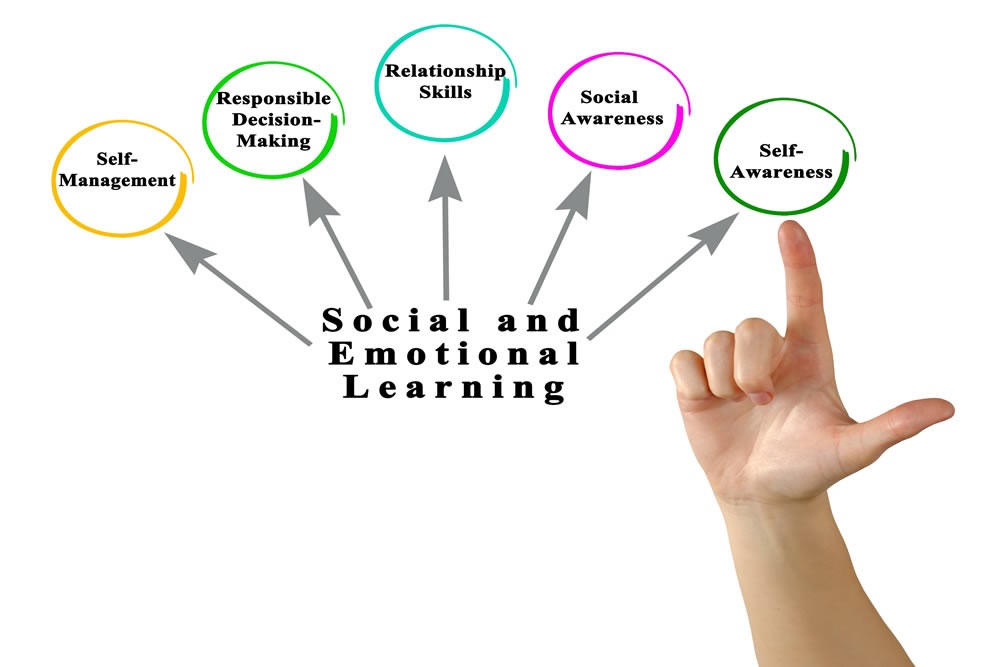Neuropsychological testing is a critical tool that can aid in assessing cognitive functions and understanding the impact of neurological, medical, psychological, and social conditions on the brain. Through administering various tests and procedures, these reports provide a detailed profile of an individual’s cognitive abilities. Interpreting a neuropsychological report requires a nuanced understanding of both the data presented and the broader clinical context in which the assessment was conducted. Unless one is experienced in this field, the report can often seem confusing or overwhelming for parents, caregivers, educators, and other professionals. This article is a brief guide for family and non-psychological professionals on understanding the testing process.
1876 Hits
1876 Hits
Often, referrals are made to see children and teens with difficulty expressing their emotions and sentiments (with peers and adults). This impacts their social-emotional well-being and may affect social interaction skills. The challenges can sometimes be psychological and/or attributed to neurodevelopmental differences such as language processing, attention, and emotional regulation. In therapy with children and teens, there are many avenues to address the building of social-emotional skills, such as:
704 Hits
704 Hits




